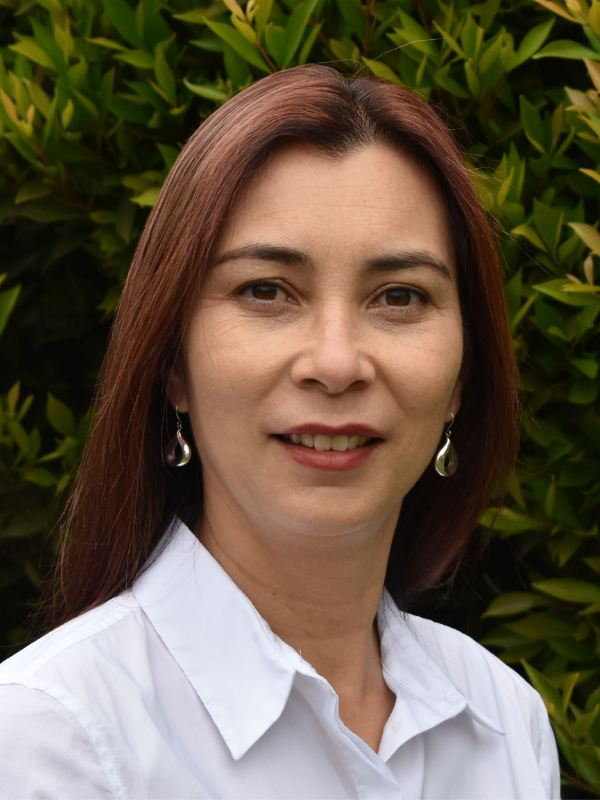
Watch A/Prof Rebecca Lim accept the research grant award and hear a bit about the project.
Project Summary:
Nerve cells responsible for transmitting balance and hearing information from the inner ear to the brain are protected and insulated by a special type of cell called a Schwann cell, that wrap around nerve cells. Sometimes there is an unrestrained growth of Schwann cells, which results in the growth of a tumour. We call this an acoustic neuroma or vestibular schwannoma. People that develop a vestibular schwannoma may develop hearing loss, ringing in the ear, imbalance, dizziness, and sometimes numbness in the face. Large tumours can also be life-threatening because they can compress important regions of the brain. There are three main ways of treating a vestibular schwannoma 1) watch and wait, 2) surgical removal, and 3) radiotherapy. At present there are no drug therapies to stop or slow the growth of tumours once diagnosed or to prevent tumour regrowth after surgical removal.
In this project we will develop a brand new therapy for the treatment of vestibular schwannoma. There are a set of proteins in vestibular schwannoma called proNGF, p75NTR, and sortilin. These proteins are essential for the growth and survival of the tumour and there is a high concentration of these proteins in the tumour. We will use new drugs called blocking antibodies, to target these proteins. We propose that reducing the expression of these proteins will stop or slow tumour growth and cause tumour cell death. This new and exciting approach means this is the first targeted therapy for vestibular schwannoma.



 The Brain Foundation is the largest, independent funder of brain and spinal injury research in Australia. We believe research is the pathway to recovery.
The Brain Foundation is the largest, independent funder of brain and spinal injury research in Australia. We believe research is the pathway to recovery.